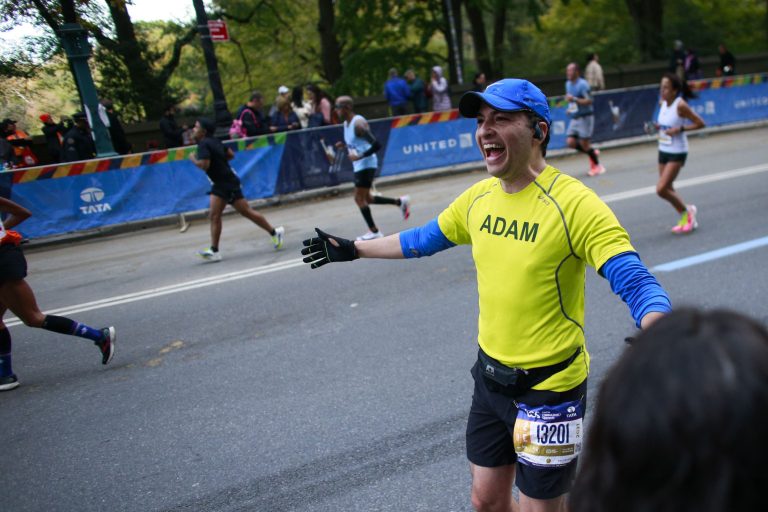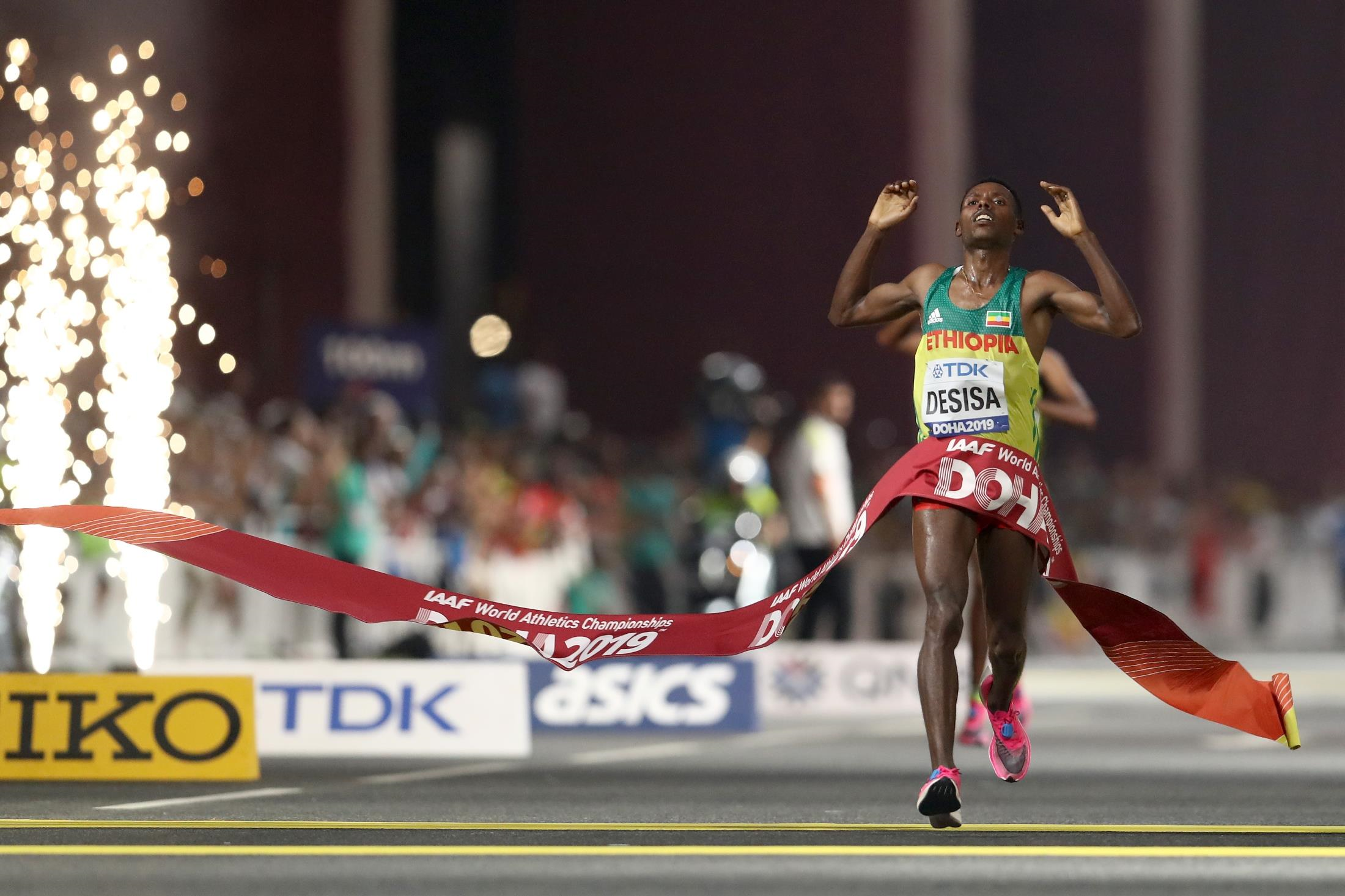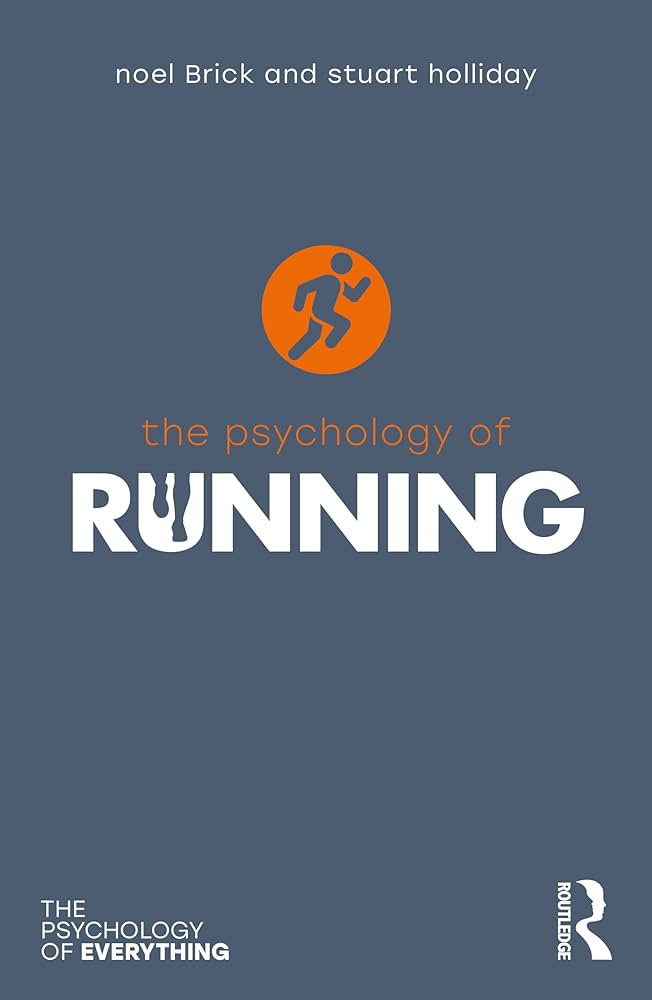Top Audiobooks For Runners
Looking for the top audiobooks for runners? The best picks are “Born to Run” and “Can’t Hurt Me.” These audiobooks provide motivation and inspiration for your running journey. “Born to Run” explores the power and joy of running, while “Can’t Hurt Me” shares the extraordinary life story of Navy SEAL David Goggins. Both audiobooks are…










